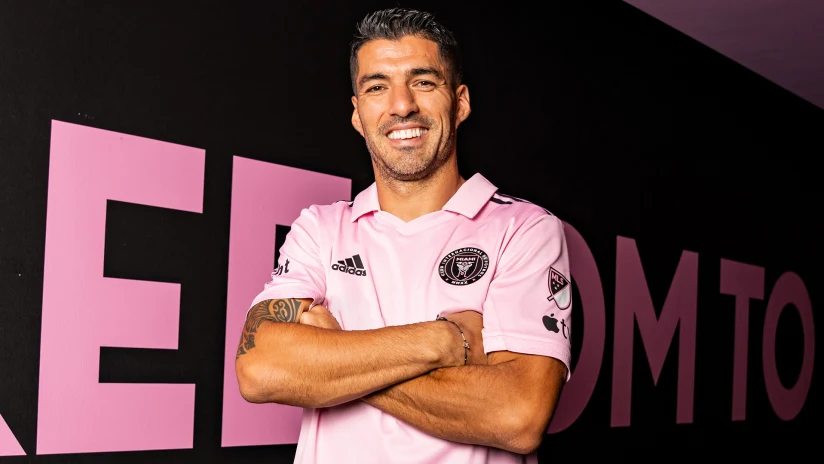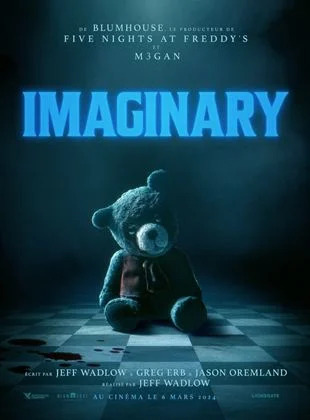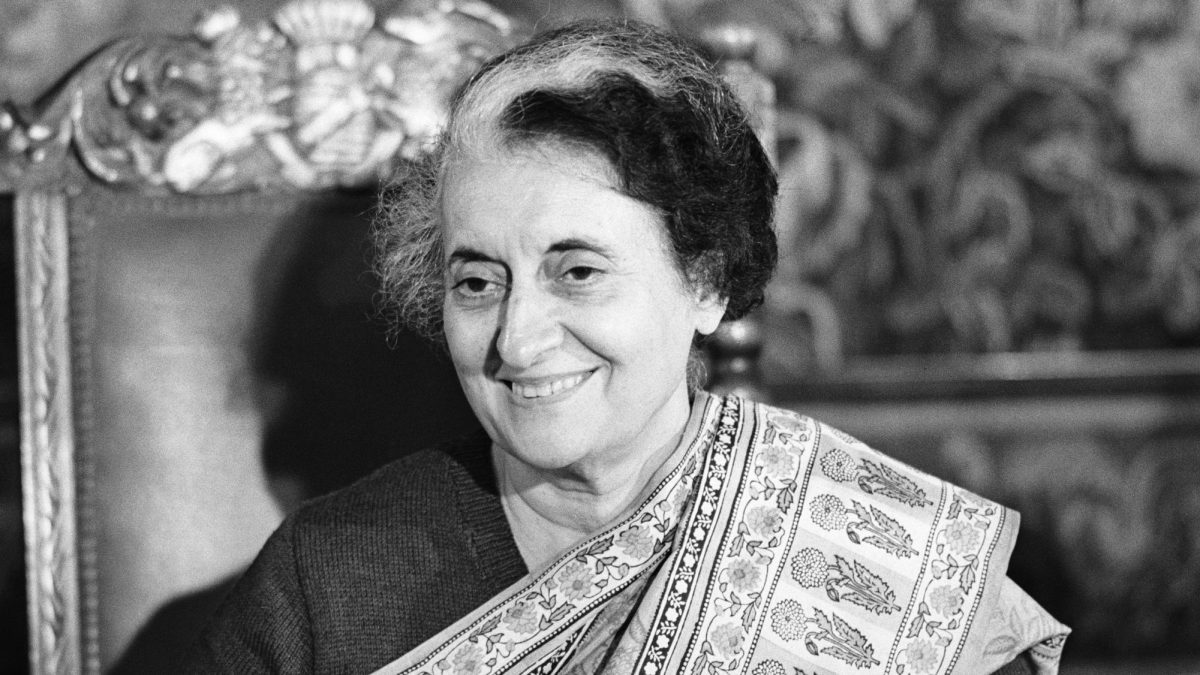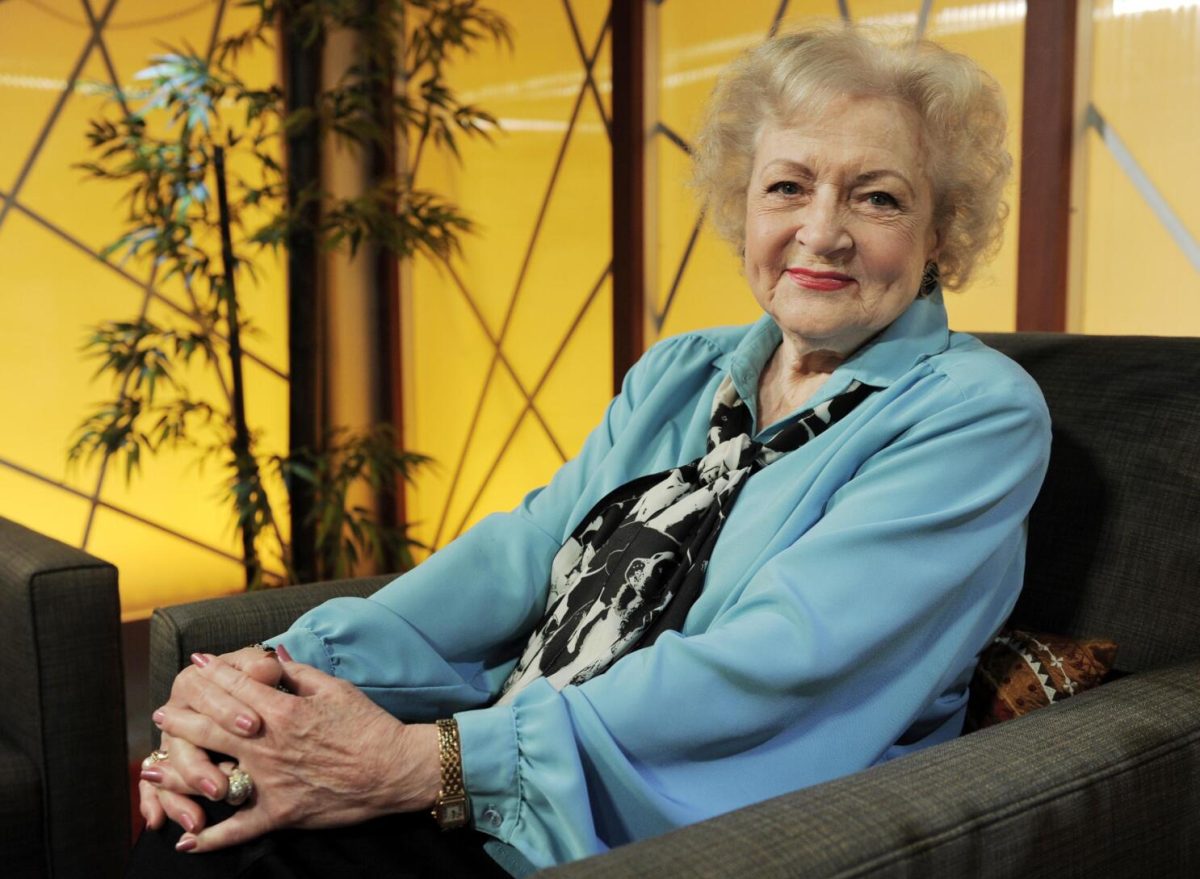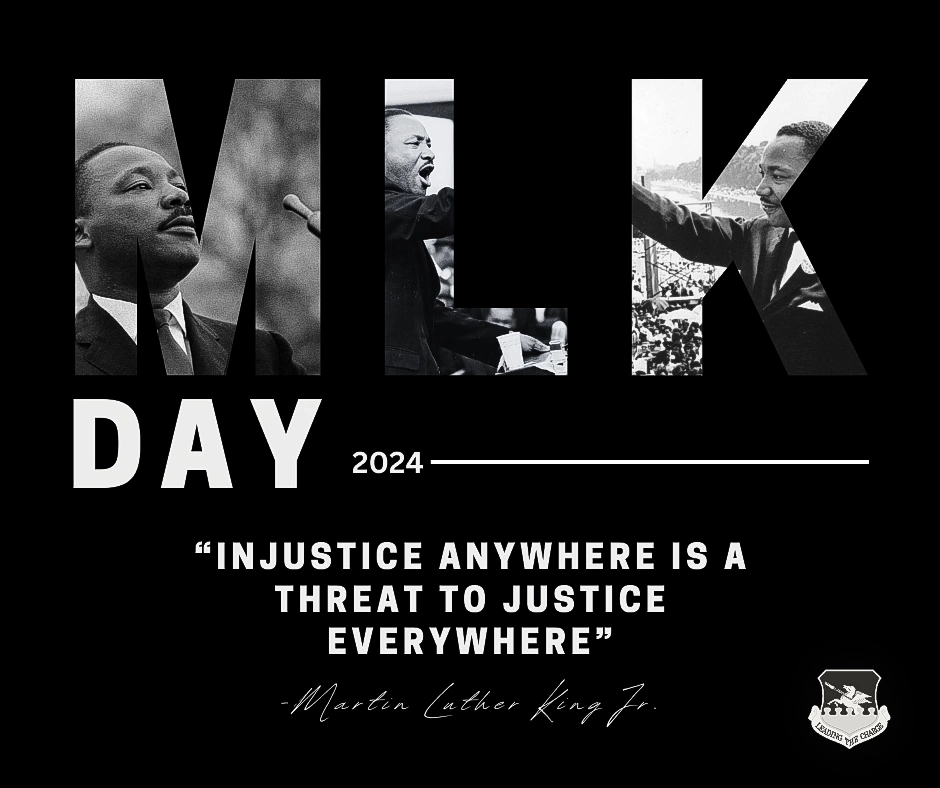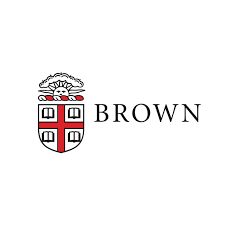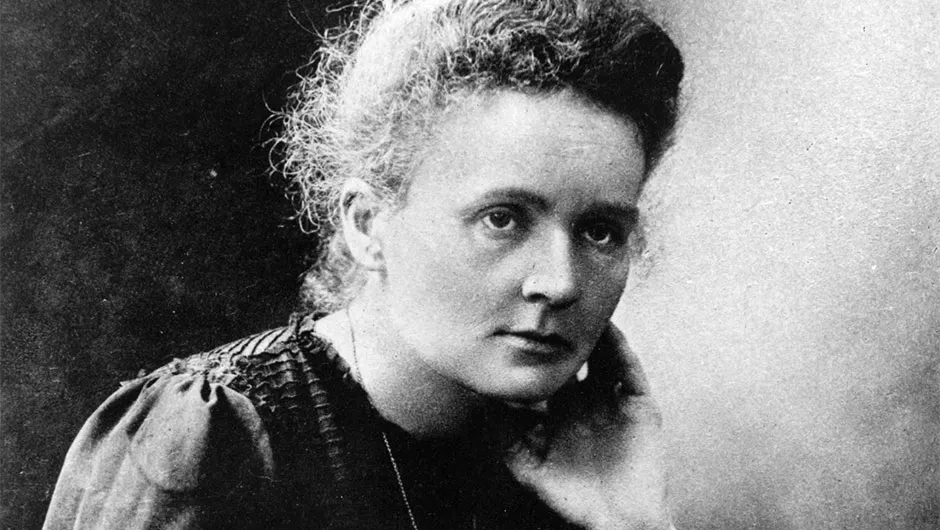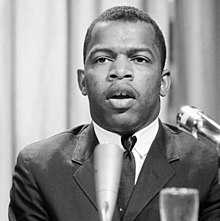
Let’s read about John Lewis!
Lewis was born on February 21, 1940, in rural Alabama. His parents were sharecroppers who worked on a farm picking cotton for landowners. As a young boy, Lewis also picked cotton and did other farm duties with his family. It was hard work, but he enjoyed being with the chickens. Lewis wanted to be a pastor, so he would preach to his feathered flock in the chicken coop while tending to the hens and counting their eggs.
His inspiration was King, whose words Lewis listened to on the radio. Inspired by this idea of the social gospel, Lewis began preaching in local churches when he was 15 years old. Lewis enrolled in the American Baptist Theological Seminary in Nashville after graduating high school. He helped organize lunch sit-ins against segregated restaurants, where Black and white people could not eat together, Sometimes he’d be arrested for his actions, but Lewis accepted being thrown in jail for fighting for what is right, or “good trouble,” as he’d later call it. For instance, he was one of 13 original Freedom Riders, who traveled by bus to test laws that were supposed to protect Black people. But he was beaten and jailed several times on his journey. Lewis received his BA from the American Baptist Theological Seminary in 1961. Acknowledging him as “one of the most dedicated young men in our movement,” the Southern Christian Leadership Conference (SCLC) elected him to their board the following year in an attempt to bring more young people into the organization. In 1963 he was chosen by acclamation as the chairman of SNCC. As leader of the organization, Lewis often found himself torn between his allegiance to SNCC and his relationship with King. Lewis told King that “it has always been a deep concern of mine that there has not been enough communication between S.C.L.C. and SNCC,” however, this was not a sentiment shared by other members of either group. Lewis’s decision to “maintain a liaison with Dr. King and the SCLC” earned him much criticism within SNCC. Lewis, however, valued King as the man who had ultimately set him on his life’s path and chose to uphold strong ties with both him and SNCC.
Lewis’s most memorable act of “good trouble” occurred on March 7, 1965, when he led a group of 600 people across the Edmund Pettus Bridge in Selma, Alabama, on what would be known as “Bloody Sunday.” Lewis, who was then only 25 years old, marched across the bridge in the fight for equal voting rights for Black people. In his bag, he carried just a toothbrush, toothpaste, two books, an orange, and an apple. But he and the other peaceful protesters were met by police officers carrying batons. The police fired tear gas onto the crowd and attacked them, leaving many bloody and wounded. Lewis was knocked unconscious. The events of Bloody Sunday were caught on camera and televised to the country. They attracted more protests. King joined Lewis and thousands of other protesters to march from Selma to Montgomery, Alabama. Their efforts eventually led to the signing of the Voting Rights Act of 1965, which outlawed the discriminatory practices that prevented many Black Americans from voting.
Lewis continued his civil rights involvement in later years as the head of voter registration initiatives run by the Southern Regional Council and the Voter Education Project. In 1977 President Jimmy Carter chose him to head ACTION, a federal volunteer agency. He attempted to enter government that same year with a House congressional campaign but was unsuccessful. Lewis eventually became a congressman from Georgia in 1987, serving until his death from pancreatic cancer at the age of 80 on July 17, 2020. During his time in Congress, he continued his work for civil rights and encouraged young people to do the hard work necessary to change the country by getting into “good trouble.”











